

The master of symphonic poems created a most expressive piece of romantic program music, so fittingly portraying the overwhelming feelings on seeing the mighty Alps, it is practically the soundtrack of the mountains.
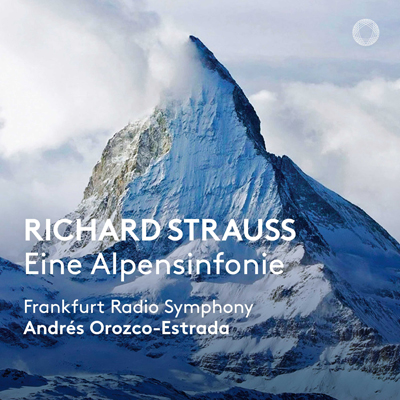
For a long time, I was used to Edo de Waart's interpretation with the Minnesota Orchestra and I remember, I got it as an improved version, (just sound-wise), to an older Solti record. But my loudspeakers have evolved, as have my ears, and so the Minnesota record just didn't do it for me anymore. During my search, I mainly checked the available records as high-resolution downloads, well aware that this alone is not a warranty for good sound quality. But I had to start somewhere – not considering remastered old records which are often artificially over-sharpened – but supposing a reason behind at least some of the new high-resolution records might be pride in showing the technical ability for sound accuracy and detail.
Across all the records, different moments showed different sound qualities which were not necessarily coherent with all of the recording. One task was to find some excerpts that were a good representation of the whole and I decided on one at the beginning and one from the end of the 3rd movement "Ascent". Pretty soon I became convinced that Jansons/Bayerische, Janowski/Pittsburg, Waart/Minnesota and Shipway/São Paulo were not on the same level as the rest of the records. Shipway/São Paulo lacks something due to sloppy playing and the sound of the other three is somehow dumb and mushy compared to the rest. In the end, the choice lay between Jurowski/LPO, Nagano/Göteborg and Orozco/Frankfurt, and from these three, the one with the most transparent sound quality is the Orozco/Frankfurt.
It was not such an instantly clear decision as it had been with the Bruckner, Mahler or Shostakovich Symphonies. Nevertheless, Orozco/Frankfurt is not far off from the quality level of Denon’s recordings. With its openness and detail, and the great interpretation of the Colombian born director, André Orozco-Estrada, with the right tempi and expressions, it is a real joy to listen to. A very important point with heavy works for such a large number of instruments is that the recording does not get noisy and imprecise in the fortissimos. And the Orozco/Frankfurt does not disappoint. It stays open and detailed and I got that feeling I was looking for: anything can happen with such a sound and the next surprising sensation for my ears might be just around the corner.
Some of the records I compared:
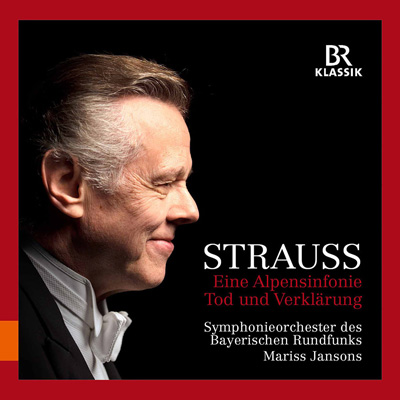
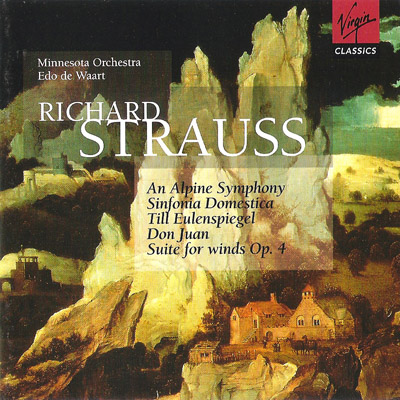

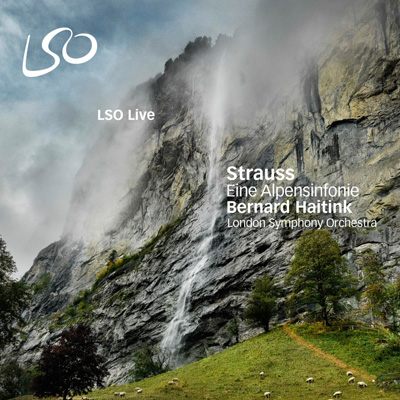
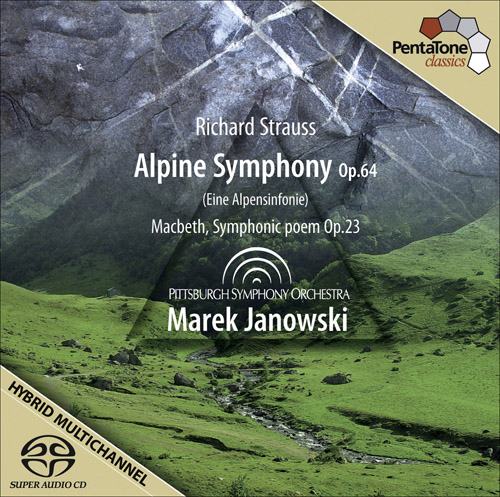
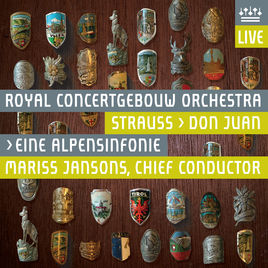
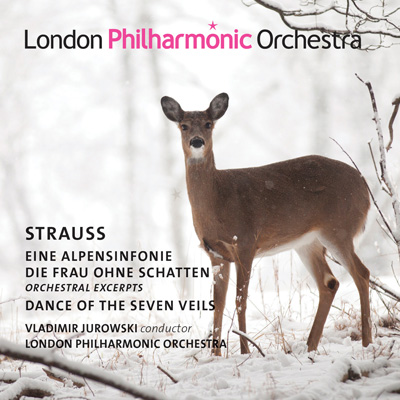
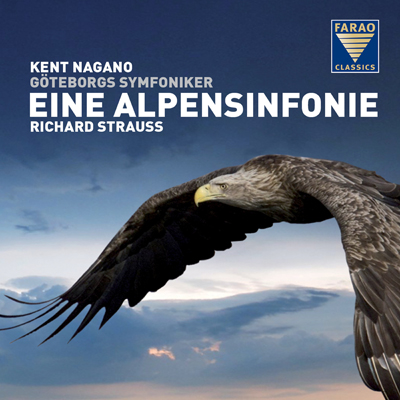
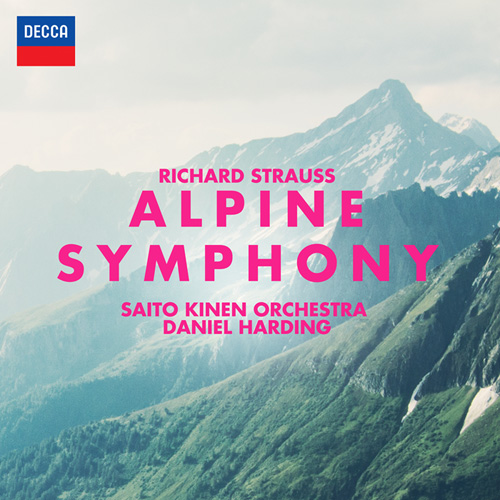
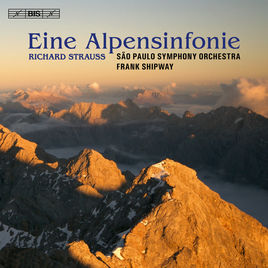
Add Comment
Comments